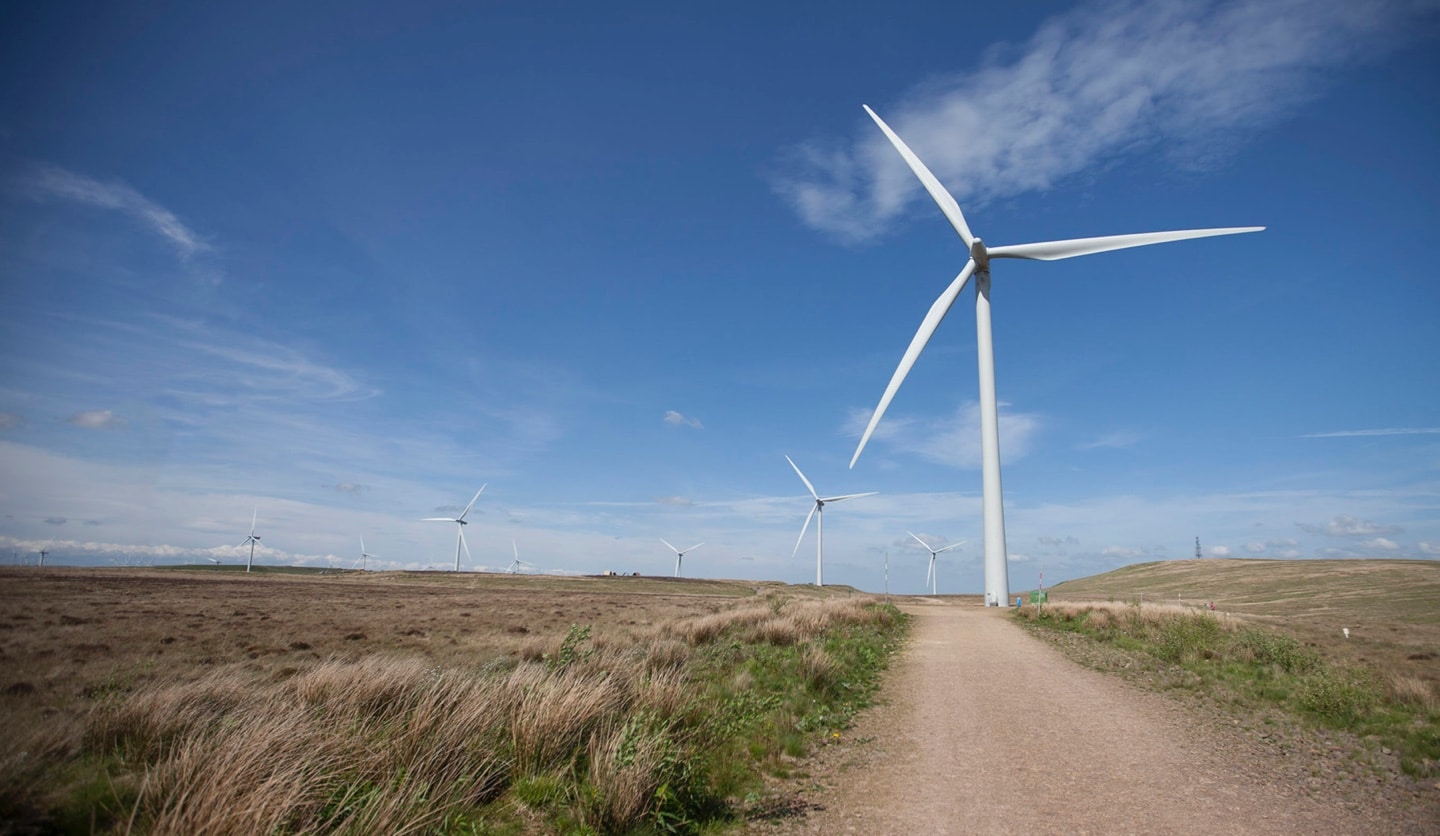Those that have bought shares in gas and electricity companies could potentially lose out on millions of pounds, according to analysts. This is because domestic and business energy companies could be forced to slash pay-outs due to a shift towards clean energy by regulators under new plans.
Investors that have shares in the National Grid and SSE could see a colossal hit from Ofgem’s plans, the industry watchdog. Returns could be cut in half over a five-year period between 2021 and 2026.
Since 2013, business and home energy suppliers have been making around 7 to 8 percent. In 2019, Ofgem proposed reducing this amount to 4.3 percent. Although, the regulator published a baseline rate of return of 3.95 percent in early July this year (2020).
The amount of money power companies can make is controlled by Ofgem. This is to ensure that they do not exploit their roles as near-monopolies by significantly increasing prices, and cutting any investment going into the network. The proposals were unveiled on 9 July. Additionally, £25billion will be included to fund the transformation of Britain’s energy networks, this is all part of a target to become carbon neutral by 2050. Furthermore, around £630million would be utilised for green innovation.
Analysts have suggested that shareholder pay-outs are under threat, it is also likely that jobs may be cut as a result of this remarkable change within the sector. Ofgem said that the reductions in returns will mean a smaller amount of consumers’ money going into network companies’ profits. This would allow for more money to be spent on improving infrastructure and pushing forward with carbon reduction activities.
Rob McDonald, SSE’s managing director of transmission, said: “The draft settlement does not strike the right balance for all stakeholders.” Home and commercial electricity and gas provider, Scottish Power, said: “Nobody benefits from this half-baked plan. It’s bad for jobs, bad for apprenticeships, bad for training and bad for the UK supply chain.”
Countering both of the above points, Ofgem’s chief executive, Jonathan Brearley, said: “We are striking a fair deal for consumers, cutting returns to the network companies to an unprecedented low level while making room for around £25bn of investment needed to drive a clean, green and resilient recovery.”
Since the coronavirus pandemic took shape and countries initiated their own lockdowns, economies have suffered all across the world. This resulted in millions losing their jobs as trade was virtually at a standstill. Since then, many leaders and governments have taken a keen interest in a green recovery. This would facilitate job creation and empower a more robust energy network alongside the previously mentioned carbon emission reductions.





